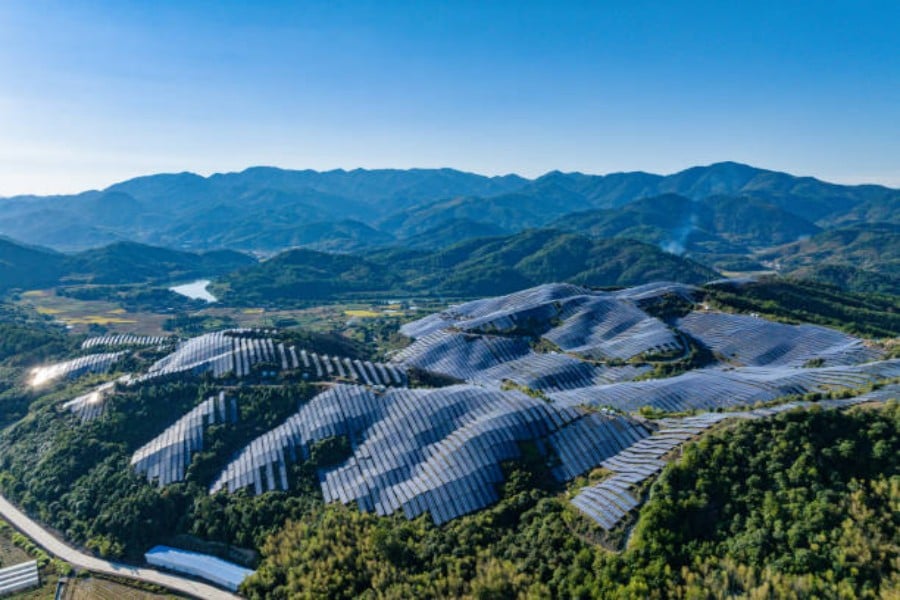Introduction
The demand for cleaner and more sustainable energy sources is on the rise. The increasing use of solar panels is a testament to this fact. However, traditional solar panels can be rigid, heavy, and difficult to transport. That’s where
flexible foldable solar panels come in. In this article, we will explore the benefits, uses, and potential applications of flexible foldable solar panels.
What are Flexible Foldable Solar Panels?
Flexible foldable solar panels are a type of solar panel that can be folded or rolled up for easy storage and transportation. These panels are made using thin-film solar cells that are lightweight, flexible, and durable. They are designed to be highly adaptable, making them ideal for a wide range of applications.
Benefits of Flexible Foldable Solar Panels
Flexible foldable solar panels offer several key benefits over traditional solar panels. Firstly, they are highly portable, making them perfect for camping trips, picnics, and other outdoor activities. Secondly, their flexibility allows them to be used in a variety of shapes and configurations. Lastly, they are easy to install, making them a great option for off-grid applications.
Uses of Flexible Foldable Solar Panels
Flexible foldable solar panels can be used in a variety of settings. They are great for powering small electronics, such as phones and tablets. They can also be used to power vehicles, boats, and RVs. Additionally, they are perfect for emergency situations, such as power outages and natural disasters.
Applications of Flexible Foldable Solar Panels
Flexible foldable solar panels have several potential applications. One such application is in the military. They can be used to power the equipment of soldiers, making it easier for them to complete their missions. Another potential application is in the construction industry. They can be used to power tools and machinery on job sites that don't have access to traditional power sources.
How do Flexible Foldable Solar Panels Work?
Flexible foldable solar panels work by converting sunlight into electrical energy. They consist of thin-film solar cells that are made using a variety of materials, including amorphous silicon, cadmium telluride, and copper indium gallium selenide. These materials are then deposited onto a flexible substrate, such as plastic or metal.
The Future of Flexible Foldable Solar Panels
The future looks bright for flexible foldable solar panels. As technology continues to advance, these panels are likely to become even more efficient and cost-effective. They may eventually replace traditional solar panels in many applications, particularly in situations where portability and adaptability are key.
Challenges of Flexible Foldable Solar Panels
Despite their many benefits, flexible foldable solar panels face several challenges. One of the main challenges is their relatively low efficiency compared to traditional solar panels. Additionally, they tend to be more expensive than traditional panels, making them less accessible to the average consumer.
Conclusion
Flexible foldable solar panels are a highly adaptable and portable source of clean energy. They offer several key benefits over traditional solar panels and have numerous potential applications. Although there are still some challenges to overcome, the future looks bright for these innovative panels.
Quote Inquiry
Contact Us

